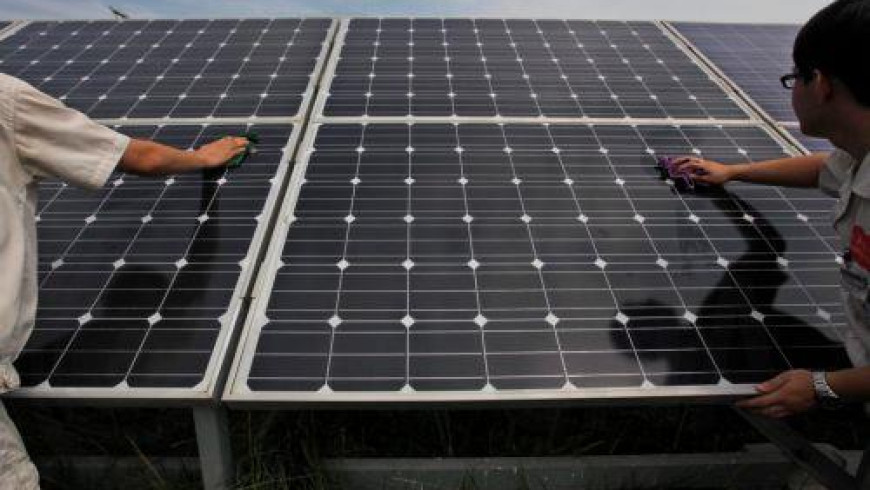
The Cabinet decided on Thursday the reduction of VAT to 5% from 19% on Electricity Authority of Cyprus (EAC) bills for vulnerable groups or people in order to mitigate the burden of electricity price increases.
In statements after the Cabinet meeting, Minister of Energy, Trade and Industry Natasa Pilides said the decision would be in place for the next six months. As she said, the government of Cyprus made use of the European Commission toolkit for measures to offer relief to the population from the increase in electricity prices, thus it has decided to reduce the VAT on electricity consumption for vulnerable households from 19% to 5% for a period of six months.
"We have decided on a significant reduction which will further support the vulnerable households and of course will be in addition to other measures such as the 10% reduction in electricity bills that will apply for the next 4 months," she said.
The measure, as Pilides noted, needs approval from the European Commission thus it will be implemented after the Commission’s approval.
Pilides also said that the Ministry will proceed in November with the announcement of a €5 million scheme for vulnerable consumers, to subsidize the replacement of energy-intensive house appliances such as air conditioners, refrigerators and washing machines, with new high-energy products.
At the same time, she said that the Ministry will continue a scheme for the installation of photovoltaics for all consumers including virtual net-metering, for consumers who cannot, due to technical constraints and limited space, instal photovoltaic systems on their roofs.
She added that in 2022 the Ministry was set to announce a big project for both businesses and households with a total of 80 million euros.
On his part, Minister of Finance Constantinos Petrides said that "the Cypriot Government was one of the first Governments that have taken drastic measures to help citizens with the current inflationary wave, referring to the general reduction of the price of electricity by 10%.
He also referred to the automatic wage indexation (COLA), that will cost the state about €70 million in increase of wages, allowances and pensions to compensate employees for the inflation increase.
Petrides added that along with the Minister of Energy, they we have looked at the recent tools provided by the European Commission, which should be targeted to further assist vulnerable groups.
“With these measures, I believe that Cyprus, in proportion to its population, is the country that has taken the most drastic fiscal measures to help our vulnerable and our fellow citizens in general,” said the Minister.
Fuel prices
------------
Asked whether there was any thought of imposing a ceiling on fuel prices, Pilides said that the Ministry was monitoring the issue and that in 2022 a new upgraded platform of the Consumer Protection Service will be launched and will inform the Ministry with much more detail on whether the imposition of a ceiling is justified.
"At this stage, our data show that Cyprus is in a better position in relation to the rest of the EU, due to the imposition of lower fuel taxes," she said.
The Minister of Finance said that Cyprus has the 3rd lowest taxation on the price of fuel and oil while it’s one of the few countries with a targeted heating oil subsidy plan for residents of mountainous areas.













 3287.99
3287.99 1275.09
1275.09
